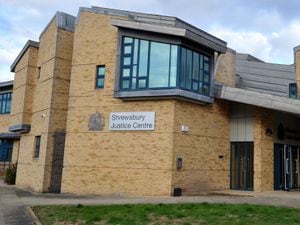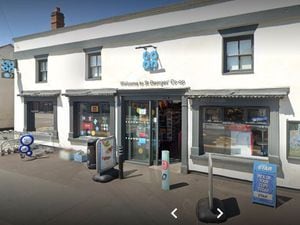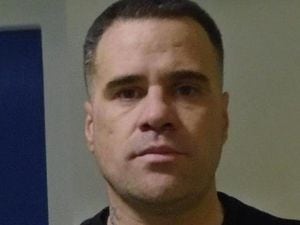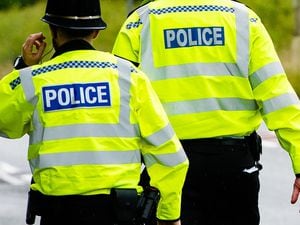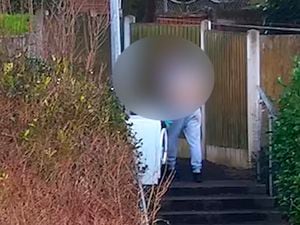Mid Wales police force in crisis, says ex-sergeant
A former police sergeant claims the service is in crisis and that cuts in officers on the streets have serious consequences.
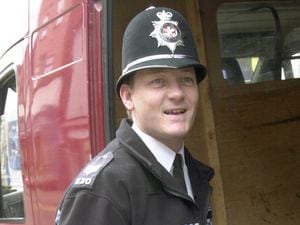
Paul Herdman, a well-known police officer in Mid Wales until he retired recently, says more boots on the ground and good community policing leads to good local intelligence and solving major crime.
Now his is worried that cuts mean police forces are losing connections with the community.
Mr Herdman was in the Dyfed Powys Police for 30 years and was a sergeant, based in Welshpool, Newtown and Llanidloes among areas, for 22 years.
He said that nationally and locally the number of officers have been halved since he began his career.
"Now the police only has enough officers to respond rather to engage," he said. "The police has lost its connection with the community and the cuts are having consequences. We needed to make changes but the surgery has been far more drastic that was needed."
Now a teaching assistant in a special school, Mr Herdman said: "I am not scaremongering when I say the police service is in crisis."
To mark leaving the police force, he wrote an open letter in which he outlines his fears for policing.
He said: "I spent the last few years of my career as a Police Federation representative, before retiring 18 months ago. The Federation has been raising concerns about the impact of cuts on policing for seven years and we’ve been repeatedly ignored."
"In the wake of the Manchester terrorist attack, the federation bravely spoke up about the security impact of losing more than 20,000 staff in the past seven years. A fortnight ago news broke that we are set to lose a further 4,000 officers.
"This recklessness cannot be sustained. Cuts not only have consequences, they have potentially serious consequences. Why would anyone, let alone the government of the day, gamble with the safety of men, women and children of this country?"
"As police officers, we run toward danger while others run from it. It’s in the job description. The same is true of ambulance and fire crews, who I’ve watched get injured by aggressive patients and still rush to help, or have bricks lobbed at them as they put out fires. It hurts – but not as much as being abandoned by our own government."
Mr Herdman said that keeping Britain safe was about more than arrest numbers.
"It’s having the local links, and hard-won public trust which helps us work with communities to spot problems like potential extremism or gang crime early on. This is exactly what neighbourhood policing was designed to do before it was hampered by cuts.
"It is being a helping hand to vulnerable people, and deterring potential offenders before the blunt instrument of our overstretched)prison system has to be used. It’s listening and responding to what every community wants out of their police.
"If we are to keep our streets safe and maintain the ability to intercept and respond to serious incidents, the service needs care and investment, not more cuts."

